Old & Young Alike Celebrate July 4th
Did You Know? -
Family is a Western term used to have denote a domestic group of people, or a number of domestic groups linked through descent (demonstrated or stipulated) from a common ancestor, marriage or adoption.
A family may be defined specifically as a group of people affiliated by consanguinity, affinity, and co-residence. Although the concept of consanguinity originally referred to relations by blood, many anthropologists argue that the notion of "blood" must be understood metaphorically; some argue that there are many non-Western societies where family is understood through other concepts rather than "blood" .
Article 16(3) of the Universal Declaration of Human Rights says, "The family is the natural and fundamental group unit of society and is entitled to protection by society and the State".
Let The Party Commence
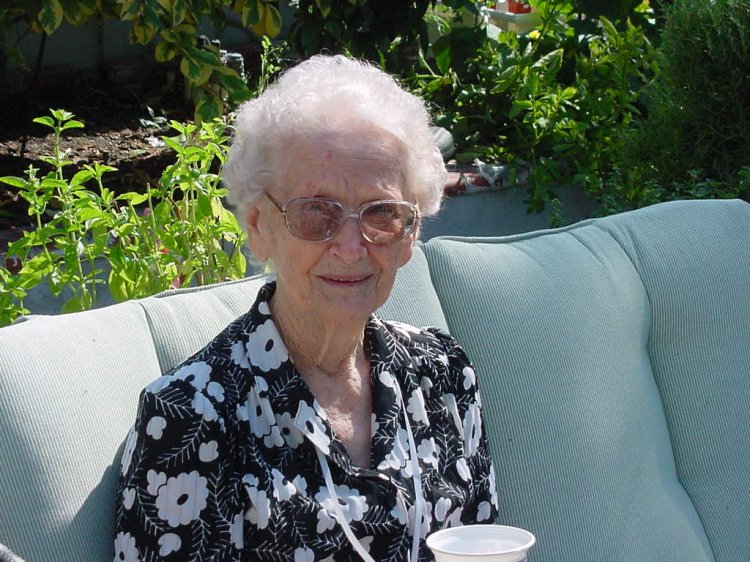
Aunt Edith never missed a celebration in 15 years... Always a smile!

The barbecue was roaring
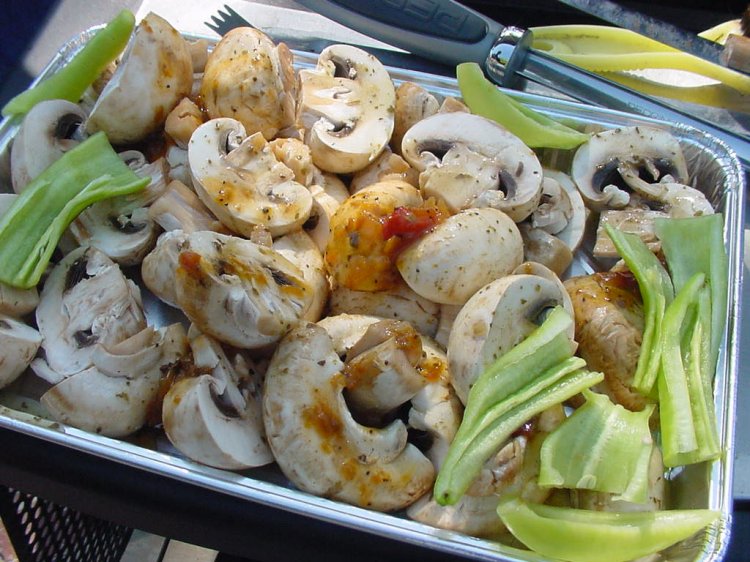
Grilled vegetables from the garden

Suck it in Eddie! Ed was chief cook for years and a master of the
grille!
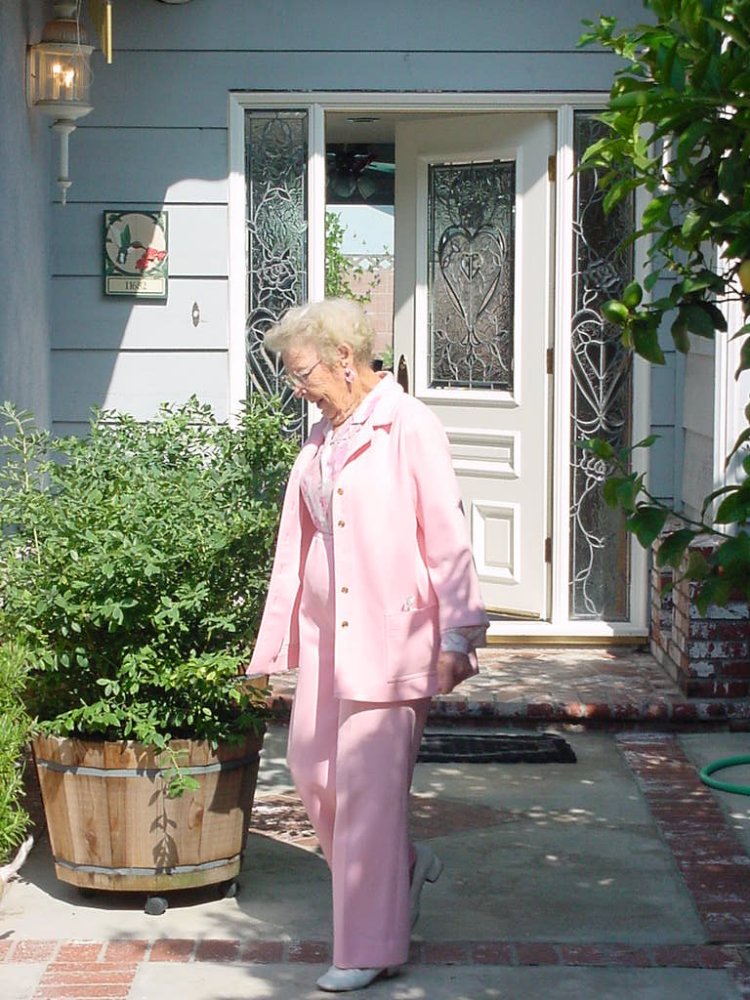
Kat Robinson
always enjoyed the
celebrations

Edith and Kat always enjoyed the parties

Looking good

Pete assists in the background

Brothers at work
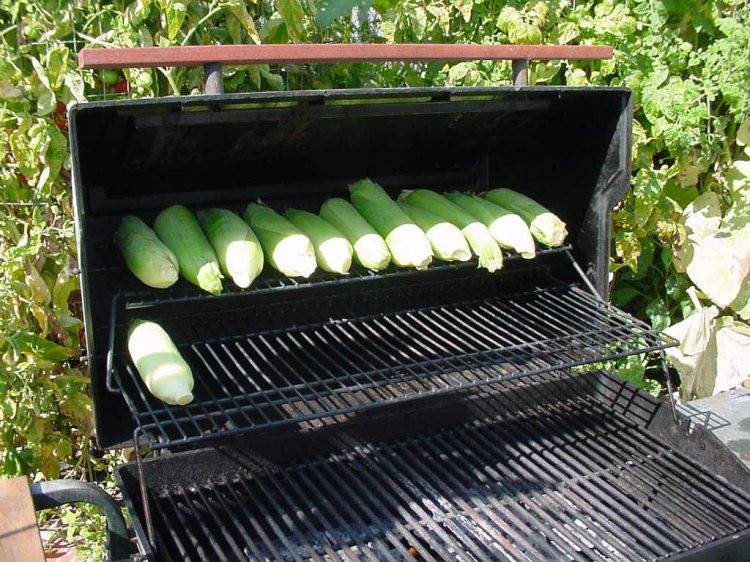
Yum!
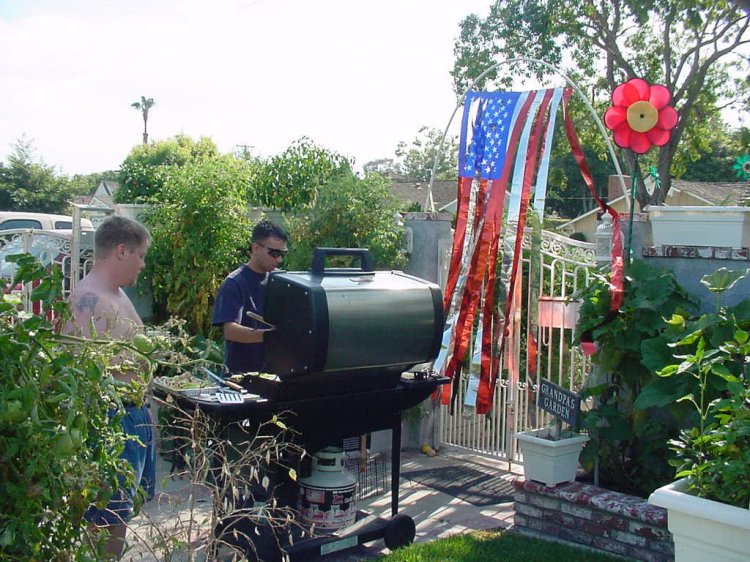
Decorations adorn the place... We love the Fourth Of July

Meanwhile inside the babies look for food
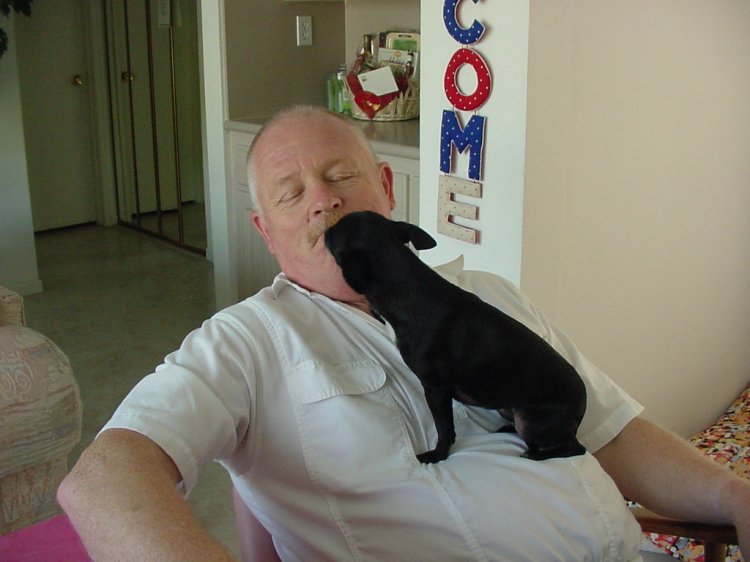
Flower is very sweet when it is about dinner time
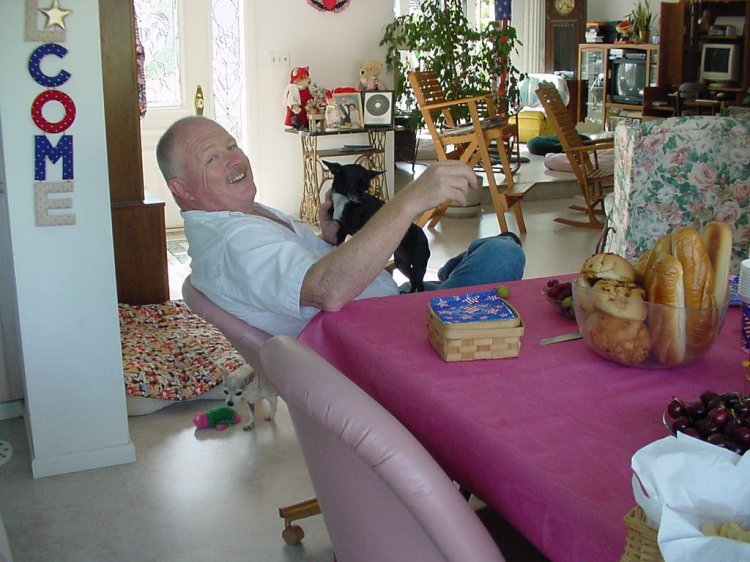
She is getting excited

Tia the wonder dog


Ah... The meat finally hits the grill
Though the Fourth of July is iconic to Americans, some claim the date itself is somewhat arbitrary.
New Englanders had been fighting Britain since April 1775.
The first motion in the Continental Congress for independence was made on June 4, 1776.
After hard debate, the Congress voted unanimously, but secretly, for independence from Great Britain on July 2 (the Lee Resolution) and appointed Thomas Jefferson to write a draft.
The Congress reworked the draft until a little after eleven o’clock, July 4, when twelve colonies voted for adoption (New York courteously abstained from both votes) and released a copy to the printers signed only by John Hancock, President of the Congress, and Secretary Charles Thomson.
Philadelphia celebrated the Declaration with public readings and bonfires on July 8. Not until August 2 would a fair printing be signed by the members of the Congress, but even that was kept secret to protect the members from possible British reprisals.
John Adams, credited by Thomas Jefferson as the unofficial, tireless whip of the independence-minded, wrote to his wife Abigail on July 3, 1776:
The second day of July, 1776, will be the most memorable epoch in the history of America. I am apt to believe that it will be celebrated by succeeding generations as the great anniversary festival.
It ought to be commemorated as the day of deliverance, by solemn acts of devotion to God Almighty.
It ought to be solemnized with pomp and parade, with shows, games, sports, guns, bells, bonfires, and illuminations, from one end of this continent to the other, from this time forward forever more.
Adams was off by two days, however. Certainly, the vote on July 2 was the decisive act. But July 4 is the date that Jefferson's stirring prose, as edited by the Congress, was officially adopted and was the first day Philadelphians heard any concrete news of independence from the Continental Congress, as opposed to rumors in the street about secret votes.